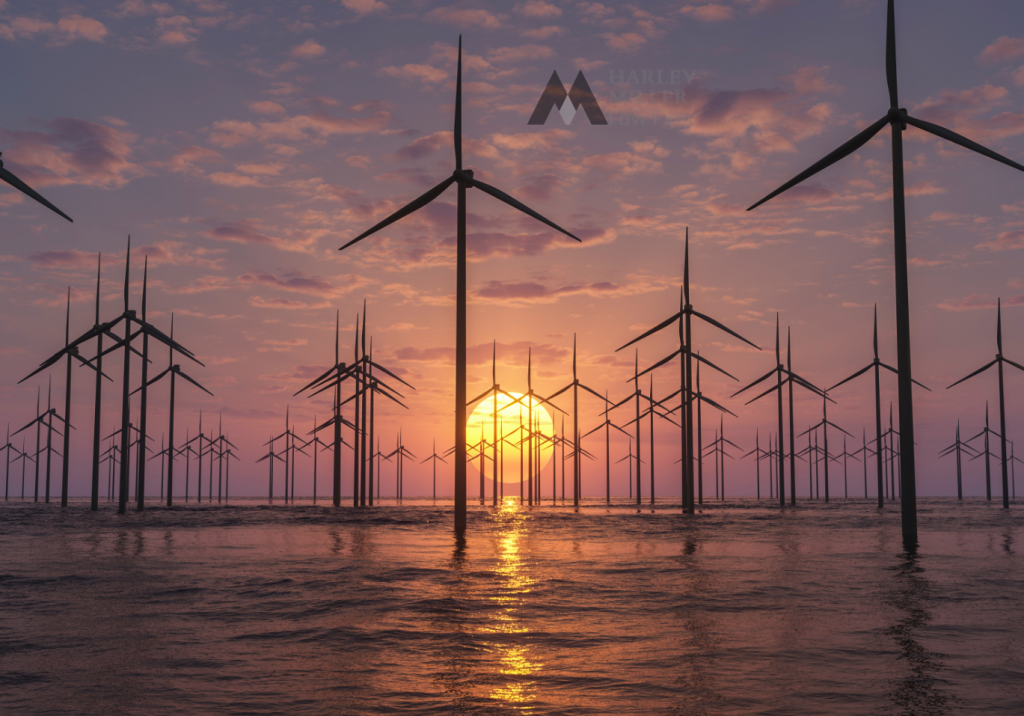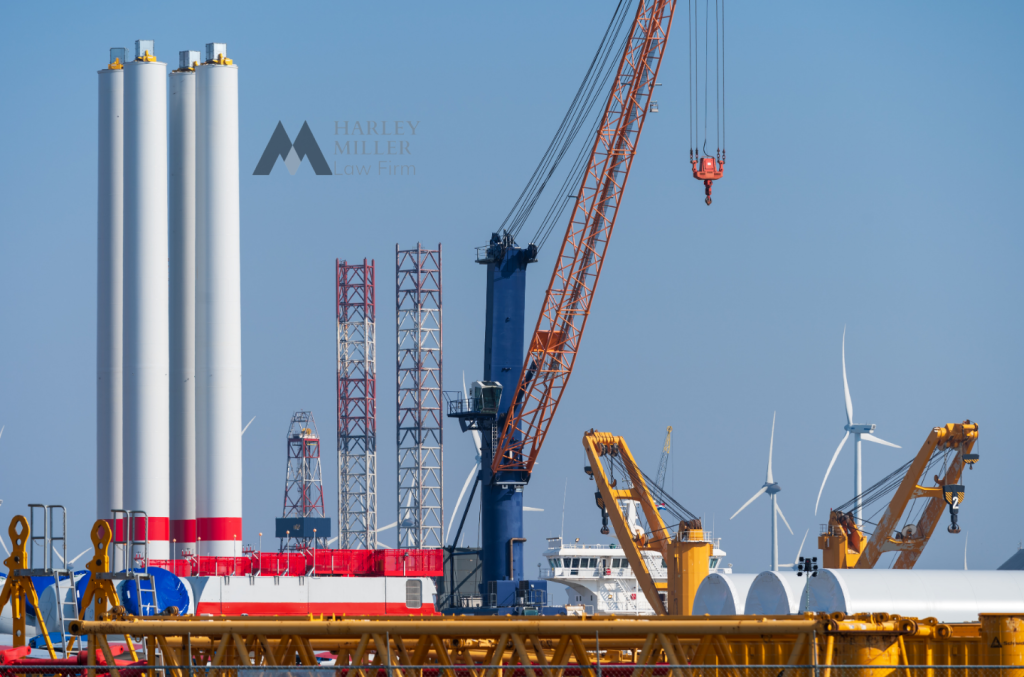Offshore wind power investment poses various challenges for investors, including high initial costs, complex offshore construction issues, diverse regulatory and policy landscapes, and intricate local market dynamics. Although these difficulties may deter investors, offshore wind power presents considerable opportunities for meeting clean energy demands and delivering long-term returns. Consequently, foreign investors must give careful thought to these challenges and engage experienced partners to achieve successful investment outcomes.
Regulation on offshore wind power sector
The first notable issue in offshore wind power survey is limiting overlap.
As part of the government’s efforts to increase offshore wind power generation, the Ministry of Natural Resources and Environment has entrusted the Administration of Seas and Islands of Vietnam to manage 35 survey proposals for the preparation of feasibility study reports for offshore wind power projects. Of these proposals, only 2 have been approved to date, prompting the Administration to propose 7 decisions regarding assignment of sea areas for wind power project implementation, covering more than 3,000 hectares in total.
Decree 11/2021/ND-CP introduces measures to address the growing need for wind measurement data, geological, and topographical surveys at sea by assigning specific sea areas to organizations and individuals for the exploration and exploitation of marine resources. This decree applies to both domestic and foreign entities conducting wind measurements, as well as geological and topographic surveys at sea. Based on international experience, many governments that have developed offshore wind energy industries implement a policy whereby they permit only one investor to carry out offshore wind power surveys for a specific period. They intend this to encourage capable project investors to make long-term and responsible commitments.
To achieve its offshore wind development targets by 2030, Vietnam must prioritize the avoidance of overlapping project survey areas and the early issuance of permits. Given the current application for more than 150 GW of offshore wind power capacity, this is particularly crucial. In this context, licensing of exclusive project area surveys plays a critical role in reducing the risk of overlap and providing clear signals to potential investors. Stakeholders view the high volume of projects being developed as positive as it encourages competitive development across different regions.

Difficult problems for offshore wind power investors
The high initial investment required for offshore wind power projects is a key challenge that can deter potential investors. There are also challenges related to the complexities of offshore construction, including issues such as weather conditions, marine life protection, and supply chain logistics.
Another challenge is the regulatory and policy landscape, which can vary significantly across different regions and countries. Understanding the legal requirements and navigating the permitting process can be time-consuming and require significant resources. Supporting Vietnam’s energy industry, the timely development of offshore wind power is essential. The Ministry of Industry and Trade emphasizes the need to connect offshore wind power in the North to the national grid by 2027 to minimize the risk of power outages.
Establishing pre-qualification criteria is important to ensure successful completion of projects and optimal utilization of Vietnam’s marine resources. Without criteria such as technical and financial capacity and a proven portfolio, the allocation process for survey permits may result in developers acquiring sea areas only to resell them at high prices to serious investors. This can lead to failed projects due to incompetent selected developers, and ultimately, increase the costs of offshore wind power in Vietnam by hindering the development of low-cost, high-quality sites.
Finally, there are challenges in navigating local market dynamics and establishing partnerships with local companies and communities. This is particularly relevant in regions with strong environmental or cultural concerns.

Three principles for sea area assignment have effectively implemented on a global scale
To start, granting a survey permit in a timely manner is crucial. It is typical for surveying a project area to take up to three years, and subsequent processes such as detailed design and procurement can only proceed after completing the survey.
Secondly, it is vital to avoid survey overlap. Developing a 1 GW offshore wind power project can cost approximately US$150 million. To attract investor interest, exclusive rights to survey the project area are typically necessary. Allowing multiple parties to conduct surveys in the same area would significantly increase the already expensive cost of surveying.
Finally, we recommend separating the project development approval from the survey permit. This separation would allow investors to incrementally learn and improve their projects, while concurrently preparing for future project selection rounds. This will allow for the creation of a robust project portfolio and greater competitiveness in the market.
Conclusion
In conclusion, investors face various challenges in the offshore wind power sector, such as navigating permitting processes, ensuring they meet technical and financial capacity requirements, and competing for land allocation and surveying rights. The allocation of survey permits pursuant to clear and transparent criteria, as well as separated from development approvals, is critical for the industry’s sustainable growth and for avoiding the overlapping in regulation and procedure. Thus, it is essential for policymakers and investors to work in partnership to address these challenges and ensure the successful expansion of Vietnam’s offshore wind power industry, which plays a crucial role in the country’s energy transition.
HMLF is always available to offer assistance in understanding the procedures with authorities.

Harley Miller Law Firm “HMLF”
Head office: 14th floor, HM Town building, 412 Nguyen Thi Minh Khai, Ward 05, District 3, Ho Chi Minh City.
Phone number: +84 937215585
Website: hmlf.vn Email: miller@hmlf.vn





